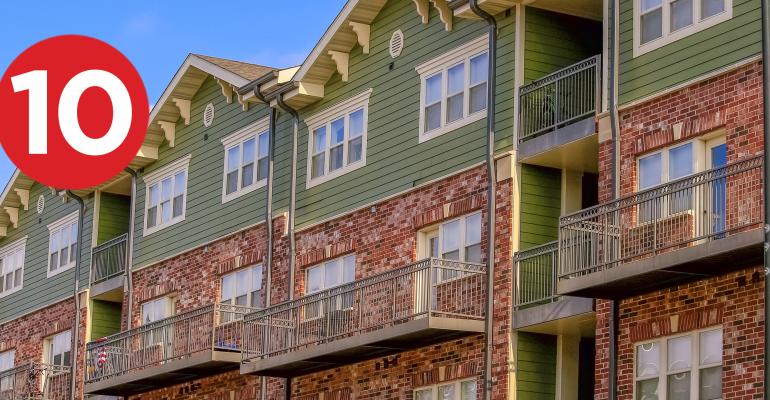- Enough, Bosses Say: This Fall, It Really Is Time to Get Back to the Office* “Other corporate leaders are arming themselves with new data that help to bolster their case for in-person work. Some are linking identification-badge swipe data with separate metrics to show whether employees who go to the office regularly are more productive and engaged, said Zig Serafin, chief executive of cloud-software company Qualtrics, recounting an experience of one of the company’s clients.” (The Wall Street Journal)
- Oak Street in $2 bln bid for Kohl's real estate-sources “Oak Street's interest offers Kohl's another chance to cut a deal after negotiations to sell itself to Franchise Group Inc, owner of the Vitamin Shoppe, for almost $8 billion fell through in July over the department store operator's deteriorating business prospects. Oak Street had sought to help finance Franchise Group's bid.” (Reuters)
- Private equity firms are betting big on New York apartments “As private equity firms evolve, their appetite for big-ticket prime real estate plays has grown, and they’ve emerged as one of the biggest forces in the city’s post-pandemic recovery as multifamily investment reaches levels not seen since seven years ago, at the peak of the last cycle.” (The Real Deal)
- Industrial Sector Faces Supply Chain Challenges “As we advanced into 2022, the industrial sector’s supply-chain issues were further exacerbated by rising inflation and transportation costs, economic slowdown and shutdowns in China, a pre-pandemic truck driver shortage and port congestions, among others.” (Commercial Property Executive)
- With Housing Affordability Hitting Crisis Levels, Developers Lean Into Public-Private Partnerships “Affordable housing deals are difficult to pencil even in the best economies. But developers say higher interest rates paired with the rising cost of materials are widening the gap between what a building costs to construct and the level of rent people can afford to pay, making it even harder to get a project across the finish line.” (Bisnow)
- The Real Reason Waffle Houses Are So Small “Gritty as it may be, there's something comforting about Waffle House's dive bar-esque vibe that keeps us coming back. Warner says that has to do with its open-kitchen design. While it might mean less dining space, eating at Waffle House means you have the luxury of watching your food transform from a random spread of ingredients to a full-fledged All-Star Special.” (Mashed)
- “Miami-ed out”: These New Yorkers have had enough of South Florida “During the depths of Covid, southern living lured many New Yorkers with beaches, low taxes, relatively spacious homes and weak pandemic protocols. But for some, the endless warmth became oppressive and the state’s conservatism unsavory, and they longed for the culture promised by a reopened New York.” (The Real Deal)
- San Francisco Braces for Epic Commercial Real Estate Crash “The properties most at risk are mid- to lower-tier buildings purchased near the peak of the market. Commercial real estate insiders say that those property owners are negotiating with lenders to avoid foreclosure, but that it may be sooner rather than later before the dam starts to break.” (The San Francisco Standard)
- Retailers Start Selling Something New: Logistics Services “The retailers want other businesses, including rival merchants, to use their warehouses and distribution networks to manage their flow of goods. The efforts echo the strategy undertaken by Amazon.com Inc., which operates its Fulfillment by Amazon warehousing and shipping service for third-party retailers even as it sells its own retail products online.” (The Wall Street Journal)
- Why is Marriott’s captain so optimistic about its future, despite Covid’s long stay? Tony Capuano explains. “The chief exec of the world's largest hospitality company assesses a post-Covid hospitality landscape.” (Baltimore Business Journal)
0 comments
Hide comments





